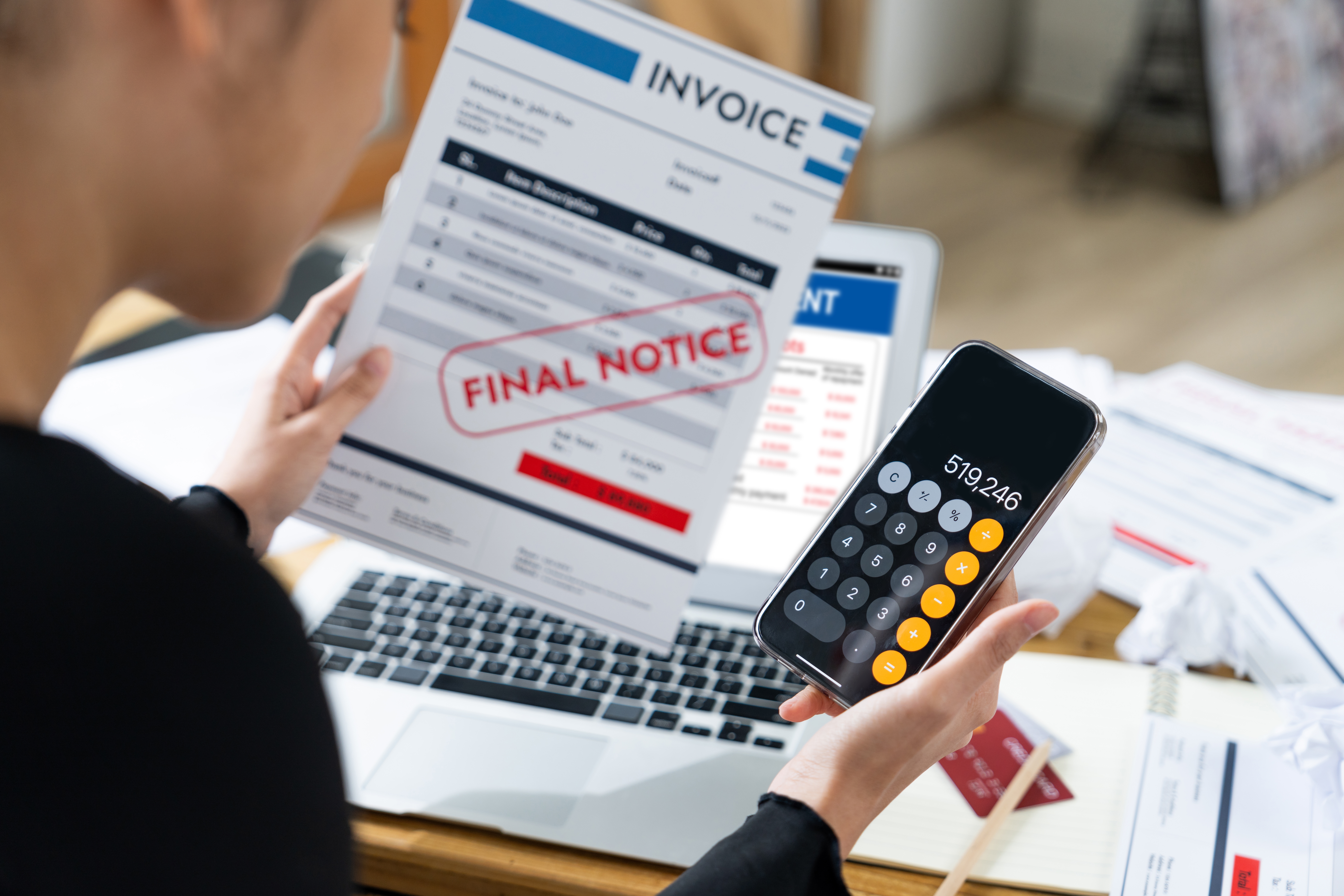Explore the importance of complying with the Fair Debt Collection Practices Act to ensure ethical and legal debt collection practices.
Understanding the Fair Debt Collection Practices Act
The Fair Debt Collection Practices Act (FDCPA) is a federal law that regulates the practices of debt collectors in the United States.
It was enacted in 1977 with the aim of protecting consumers from abusive and unfair debt collection practices.
The FDCPA applies to third-party debt collectors who regularly collect debts on behalf of others, including collection agencies and attorneys.
Understanding the provisions of the FDCPA is essential for both debt collectors and consumers to ensure fair and ethical debt collection processes.

Prohibited Practices under the FDCPA
The FDCPA explicitly prohibits certain practices that debt collectors are not allowed to engage in.
These prohibited practices include:
- Harassment or abuse: Debt collectors cannot use threats, profane language, or engage in any form of harassment or abuse to collect a debt.
- False or misleading representations: Debt collectors cannot make false statements or misrepresentations regarding the debt, the amount owed, or their actions to collect the debt.
- Unfair practices: Debt collectors cannot engage in unfair practices, such as adding unauthorized charges or fees, contacting consumers at inconvenient times, or disclosing the debt to unauthorized third parties.
- By prohibiting these practices, the FDCPA aims to protect consumers from deceptive and unfair debt collection methods.
.jpg?width=7360&height=4912&name=debt%20collection%20inspections%20compliance%20audits%20(2).jpg)
Requirements for Debt Collectors
In addition to prohibiting certain practices, the FDCPA also sets forth requirements that debt collectors must follow.
These requirements include:
- Providing written validation notice: Debt collectors must send a written notice to consumers within five days of their initial communication, providing information about the debt and the consumer's rights.
- Ceasing communication upon request: If a consumer requests that a debt collector stop contacting them, the debt collector must honor that request, with a few exceptions.
- Providing accurate information: Debt collectors must provide accurate information regarding the debt, including the amount owed and the creditor.
- By imposing these requirements, the FDCPA ensures that debt collectors act responsibly and provide accurate and transparent information to consumers.

Consequences of Non-Compliance
Non-compliance with the FDCPA can have serious consequences for debt collectors.
If a debt collector violates the provisions of the FDCPA, consumers have the right to take legal action against them.
The consequences of non-compliance may include:
- Monetary damages: Consumers can seek monetary damages for any actual damages they have suffered as a result of the debt collector's actions, as well as additional damages for emotional distress.
- Statutory damages: Consumers may also be entitled to statutory damages, which are predetermined amounts set by the FDCPA.
- Injunctive relief: In some cases, consumers may seek injunctive relief to stop the debt collector from engaging in further illegal practices.
These consequences serve as a deterrent for debt collectors to ensure compliance with the FDCPA and protect consumers from abusive debt collection practices.

Best Practices for Debt Collection
While the FDCPA sets minimum standards for debt collection practices, there are also best practices that debt collectors can follow to improve their interactions with consumers and ensure compliance with the law.
Some of these best practices include:
- Treating consumers with respect and dignity: Debt collectors should communicate with consumers in a respectful and professional manner, avoiding any form of harassment or intimidation.
- Providing clear and accurate information: Debt collectors should provide clear and accurate information regarding the debt, including the amount owed, the creditor, and the consumer's rights.
- Keeping records: Debt collectors should maintain detailed records of all communications and actions taken in relation to the debt collection process.
- Training staff: Debt collectors should provide comprehensive training to their staff to ensure they are knowledgeable about the FDCPA and understand their obligations.
By following these best practices, debt collectors can enhance their reputation, build trust with consumers, and maintain compliance with the FDCPA.


